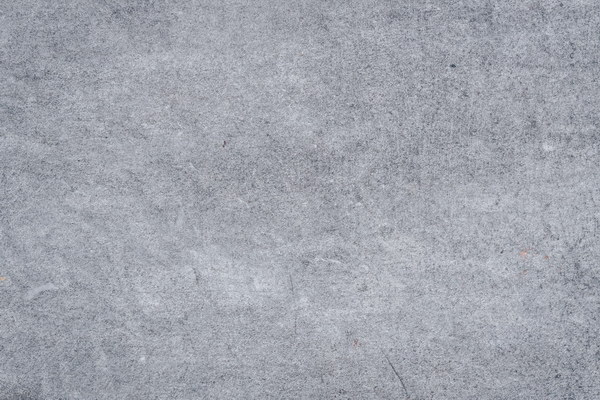Dealing with Tinnitus After Head Therapy Causes, Symptoms, and Remedies
Introduction:
Head therapy, also known as craniosacral therapy, is a holistic approach to healing that focuses on the craniosacral system. It involves gentle manipulation of the skull, spine, and nervous system to release tension and improve overall well-being. While head therapy is generally considered safe and effective, some individuals may experience tinnitus, or ringing in the ears, after treatment. This article aims to explore the possible causes, symptoms, and remedies for tinnitus following head therapy.
Possible Causes of Tinnitus After Head Therapy:
1. Nerve Irritation: During head therapy, the therapist may apply pressure to various areas of the skull and spine. This pressure can cause temporary irritation to the nerves, leading to tinnitus.
2. Inner Ear Disruption: The craniosacral system is closely connected to the inner ear. When the therapist manipulates the skull, it may disrupt the delicate balance within the inner ear, resulting in tinnitus.
3. Fluid Imbalance: Head therapy can affect the cerebrospinal fluid (CSF) that surrounds and cushions the brain and spinal cord. An imbalance in CSF can lead to tinnitus.
4. Stress and Anxiety: Tinnitus may also be a result of stress or anxiety triggered by the head therapy session itself.
Symptoms of Tinnitus After Head Therapy:
1. Ringing, buzzing, or hissing sounds in one or both ears
2. Sensitivity to noise
3. Difficulty concentrating
4. Sleep disturbances
5. Muffled or distorted hearing
Remedies for Tinnitus After Head Therapy:
1. Rest and Relaxation: Give your body time to recover from the therapy session. Resting and relaxation can help reduce stress and anxiety, which may contribute to tinnitus.
2. Noise-Canceling Headphones: Use noise-canceling headphones to block out external noises and minimize the perception of tinnitus.
3. White Noise Machines: White noise machines or apps can help mask the ringing in your ears, making it easier to fall asleep and concentrate.

4. Acupuncture: Acupuncture has been shown to be effective in treating tinnitus by reducing stress, improving blood flow, and balancing the nervous system.
5. Herbs and Supplements: Some herbs and supplements, such as ginkgo biloba, melatonin, and magnesium, may help alleviate tinnitus symptoms. Consult with a healthcare professional before starting any new supplement regimen.
6. Cognitive Behavioral Therapy (CBT): CBT can help you manage stress, anxiety, and the emotional impact of tinnitus. A therapist can teach you coping strategies and techniques to reduce the severity of your symptoms.
7. Seek Professional Help: If your tinnitus persists or worsens, it's essential to consult with an audiologist or otolaryngologist. They can help determine the underlying cause of your tinnitus and recommend appropriate treatment options.
Conclusion:
While tinnitus after head therapy is relatively rare, it can be an uncomfortable and distressing experience for some individuals. Understanding the potential causes, symptoms, and remedies for tinnitus can help you manage and alleviate your symptoms effectively. Remember to consult with a healthcare professional if you experience persistent or severe tinnitus after head therapy.









